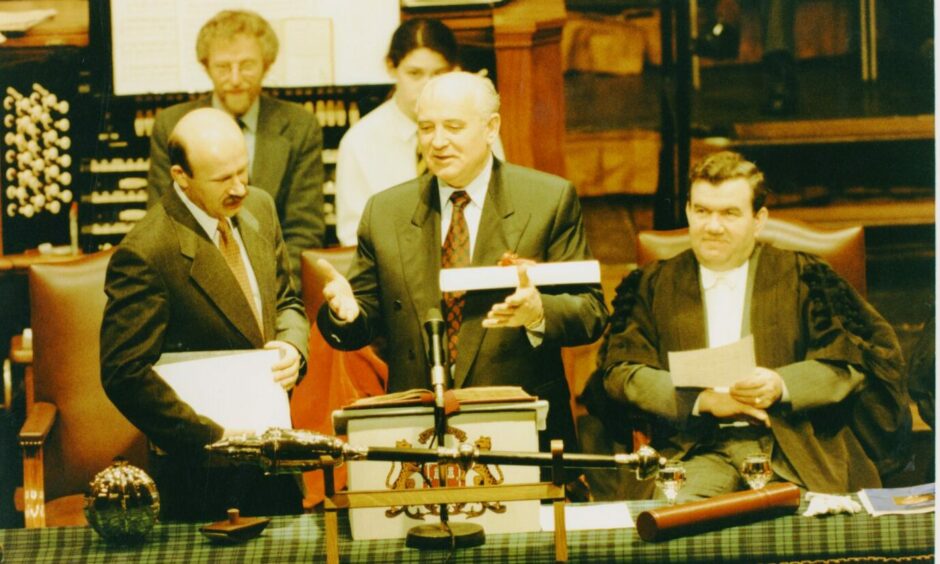
The Freedom of the City is the greatest honour which Aberdeen can bestow on either local or international figures it deems worthy of special recognition.
The accolade has only been awarded on four occasions in the 21st century: in 2004 to John Mallard, the scientist and MRI technology pioneer; in 2006 to the Highlanders, 4th Battalion, the Royal Regiment of Scotland; in 2008 to the Scotland the What trio, Buff Hardie, George Donald and Steve Robertson; and the former Scotland and Manchester United footballing maestro, Denis Law in 2017.
But now, the Granite City is gearing up for another celebration of an achievement which brought the whole community together 40 years ago after the dramatic events on a rainy night in Gothenburg – where a special group of players went where none of their predecessors had ever gone before. Nor ever will again.
The Gothenburg Greats were special
The Dons’ 2-1 victory in the final against Real Madrid wasn’t simply confirmation of the fashion in which Alex Ferguson had orchestrated a revolution at Pittodrie. It was a triumph for the ages, which none of the travelling supporters inside the Ullevi Stadium will ever forget, no matter how much their eyes become full of sleep.
The names of the players are legendary, with captain Willie Miller nicknamed “God” in many places, while John Hewitt, who scored the decisive goal in extra time, is eternally enshrined as the clincher of his club’s most famous exploit in their 120-year hero.
Nobody who has delved into their past and marvelled at their mesmerising feats, including the astonishing defeat of Bayern Munich in the quarter-finals, could possibly begrudge the team the Freedom of the City on May 12. Indeed, many people will argue they should not have had to wait for so long for the accolade to be awarded.
Yet not everybody who has been honoured by Aberdeen is regarded in such a flattering light these days. As you will discover when you look at some of the names below.
1919: Field Marshal Douglas Haig
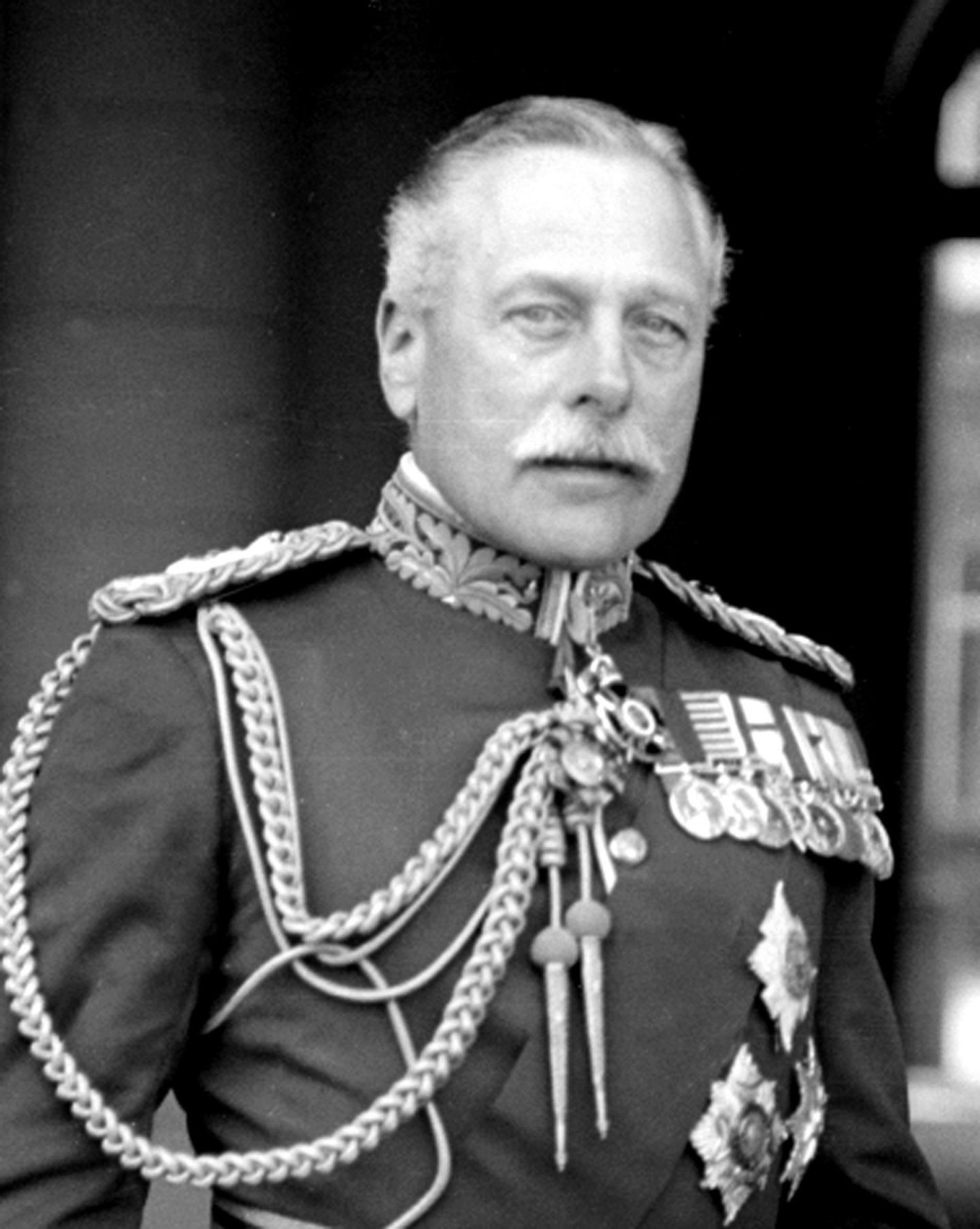
At the time, hot on the heels of the Armistice at the end of the First World War, few would have complained about recognition for the man who commanded the British Expeditionary Force on the Western Front from late 1915 until 1918.
He was commander during the Battle of the Somme, the Battle of Arras, the Third Battle of Ypres, the German Spring Offensive, and the Hundred Days Offensive.
Haig gained a favourable reputation during the immediate post-war years, with his funeral in 1928 becoming a day of national mourning. Yet, the more that historians examined his strategy and conduct, the more criticism was flung in his direction.
Some nicknamed him “Butcher Haig” for the two million British casualties endured under his command and the Canadian War Museum concluded: “His epic, but costly offensives at the Somme in 1916 and Passchendaele in 1917 have become nearly synonymous with the carnage and futility of First World War battles.”
In the 1989 comedy series Blackadder Goes Forth, Haig, played by Geoffrey Palmer, made an appearance in the final episode. Referring to the limited gains eked out during the 1915-1917 offensives, Rowan Atkinson’s character said: “Haig is about to make yet another gargantuan effort to move his drinks cabinet six inches closer to Berlin”.
1946: Sir Winston Churchill
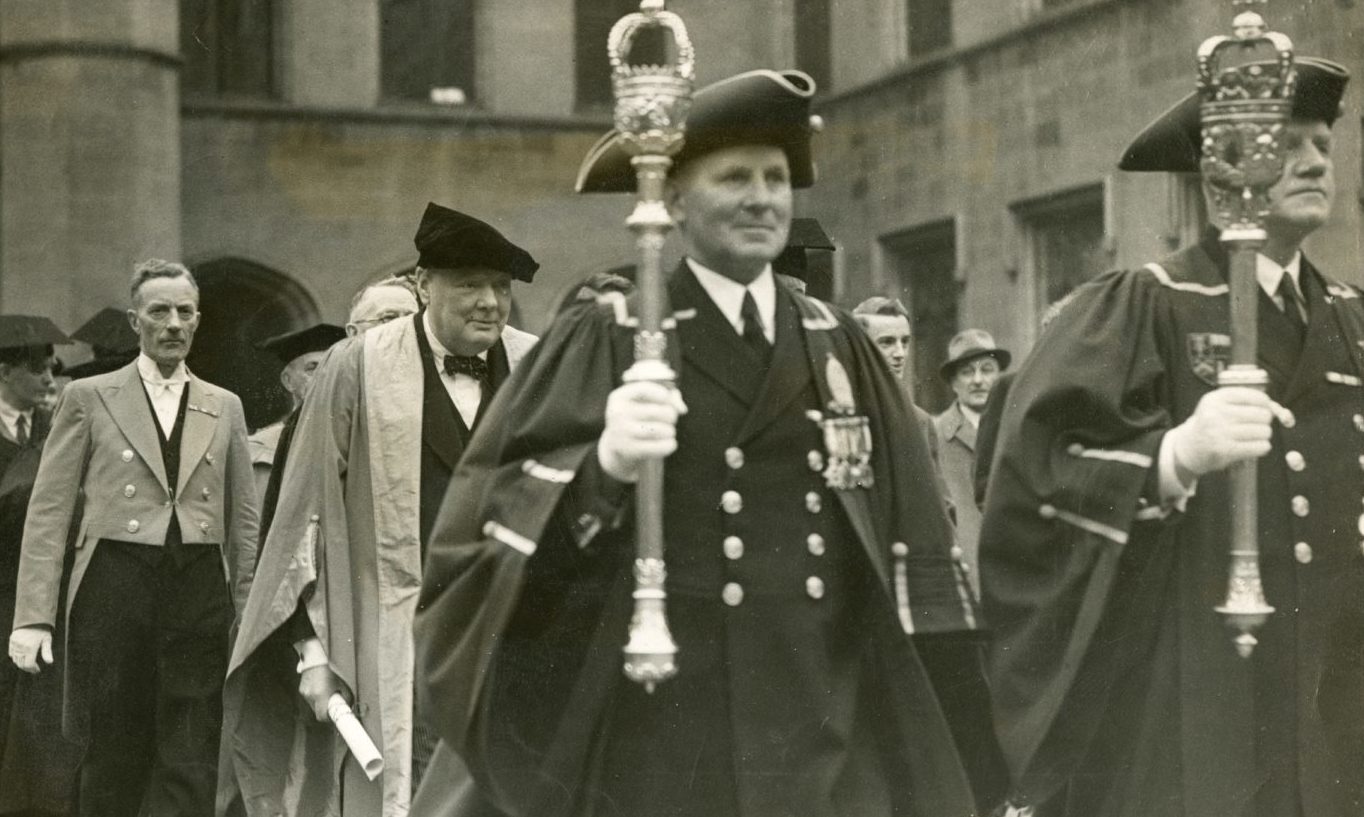
Widely regarded as the figure whose stirring oratory and unmistakeable countenance – whether with V-sign, cigar or both – proved pivotal in the Allies’ long, gruelling victory over the Nazis in the Second World, Churchill’s Conservative Party had unexpectedly been routed in the 1945 General Election by Clement Attlee’s Labour opponents and he arrived in Aberdeen still morose and confused about that outcome.
But while he remains popular in the UK and wider Western world, where he is acclaimed as the man who played a vital role in defending Europe’s liberal democracy against the spread of fascism, Churchill has also been criticised for some wartime events, notably the bombing of civilians in Dresden and his support for atomic weapons being dropped on Hiroshima and Nagasaki at the end of the hostilities.
In 1946, though, he was feted as a hero in the north-east, with massive crowds of Aberdonians attending the ceremony which accorded him the Freedom of the City.
1981: Dr Mary Esslemont
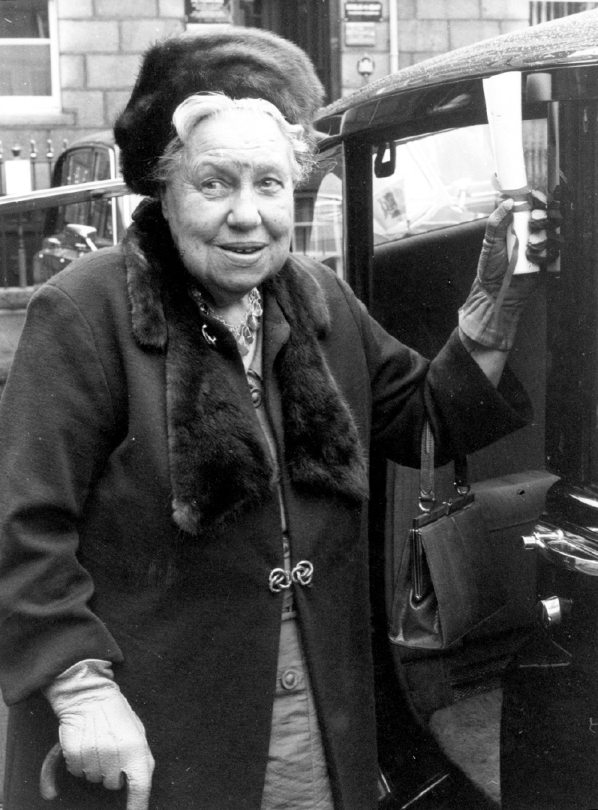
Precious few women have been rewarded for their labours with the Freedom of Aberdeen, but nobody could question the validity of the honour being given to Mary Esslemont towards the end of her distinguished life in medicine and academia.
Dr Esslemont offered remarkable service to the BMA. She was a member of the council for 23 years and was the first woman to sit on the Scottish council in its history.
Unsurprisingly, given her belief in the need for a better health system in Britain, she was always closely involved in the affairs of the BMA and was the only woman doctor to serve on the profession’s team which negotiated with Aneurin Bevan on the establishment of the National Health Service after the Second World War.
The Press and Journal reported on Saturday October 10 1981: “One of Aberdeen’s most respected citizens and an internationally-recognised authority in the medical field, Dr Mary Esslemont, had the freedom of the city conferred on her yesterday.
“Dr Esslemont, 90, has gained a worldwide reputation and has had many honours bestowed on her, not only in her own profession, but also in other walks of life.”
She said in her speech: “For 22 years, I travelled the world, attending conferences for the British Medical Association, and I had the chance to study the different health services which were being offered in many other countries.
“And, for all its faults and failings – which I hear about – I believe we have the best National Health Service in the world.”
1993: Mikhail Gorbachev
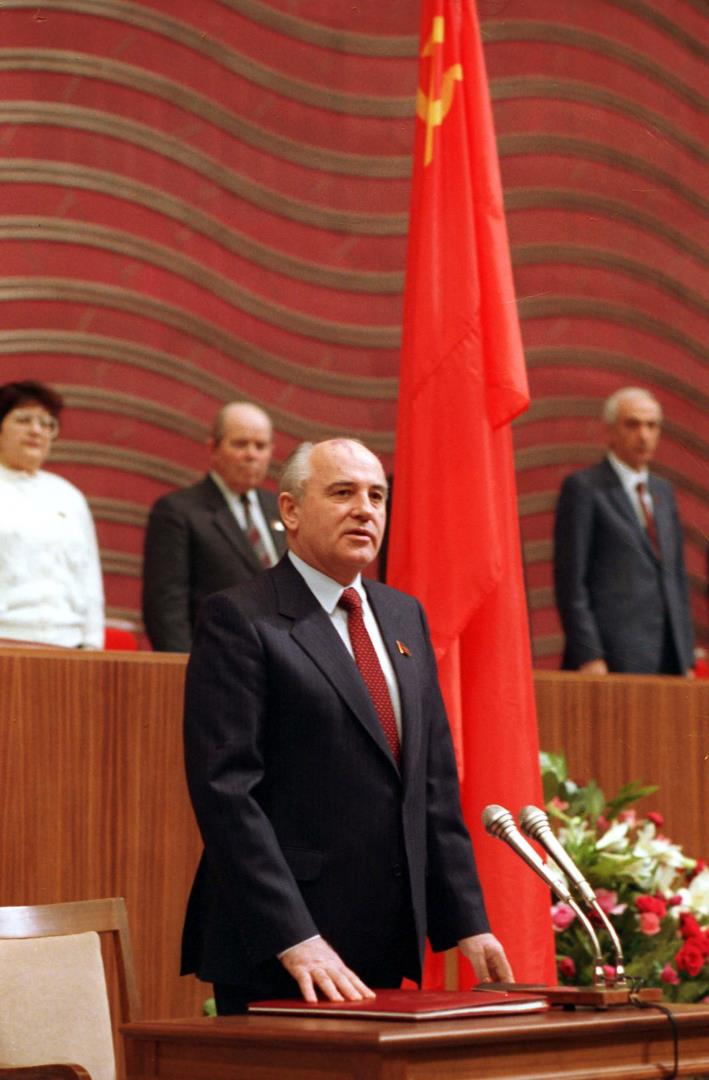
Nobody doubts his stature as one of the most significant figures in the second half of the 20th century, but Gorbachev remains the subject of controversy.
The recipient of a diverse range of awards, including the Nobel Peace Prize, the former president was widely praised for his pivotal role in ending the Cold War, introducing new political freedoms in the Soviet Union, and tolerating the fall of Marxist-Leninist administrations in eastern and central Europe and the reunification of Germany.
But, while he was popular with Western leaders such as Ronald Reagan and Margaret Thatcher who said “we can do business with him”, he became a hated figure for many of his compatriots, including Vladimir Putin who accused him of selling out the USSR.
He received a warm welcome in Aberdeen nearly 30 years ago and the council could at least thank their lucky stars that he was the first Russian to accept the honour.
Rumour exists that Joseph Stalin had previously been offered it – but declined.
1999: Sir Alex Ferguson
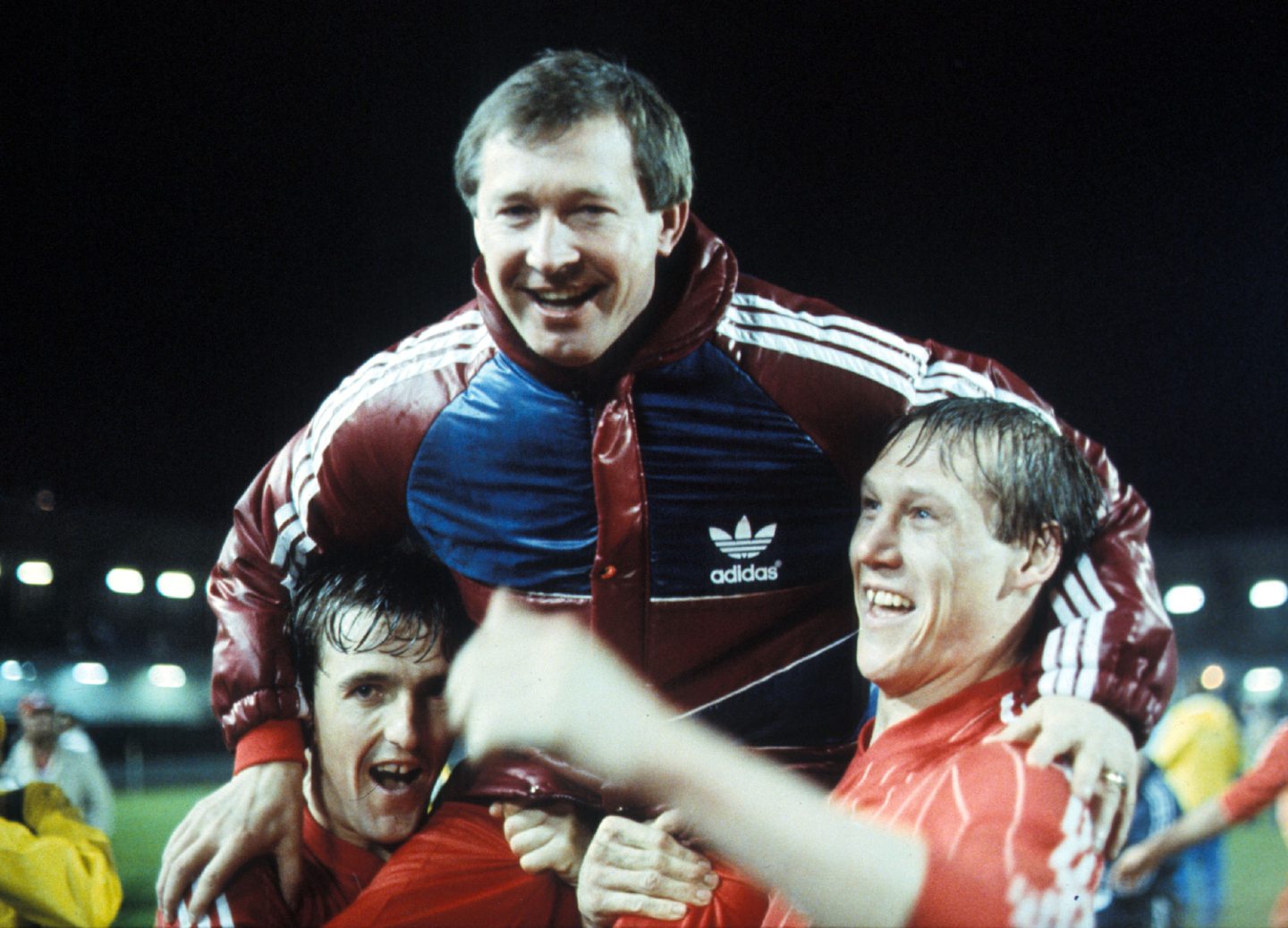
In a nutshell, this gruff Glaswegian utterly transformed the culture at Aberdeen FC to the extent they not only dominated Scottish football for several years in the 1980s while he was manager, but achieved a string of momentous victories on the European stage.
The most famous was obviously the success in Gothenburg, but Ferguson had such high standards that his men seized another European trophy in the same year – the Super Cup – and are the only Scottish club to have enjoyed that distinction.
A ranking chart from the time revealed Aberdeen were, however briefly, the No 1 club in Europe: something which will never happen again, but only serves as a reminder of the quality of that group who made history together with joyous abadon 40 years ago.
And it would never have materialised without Ferguson at the helm.
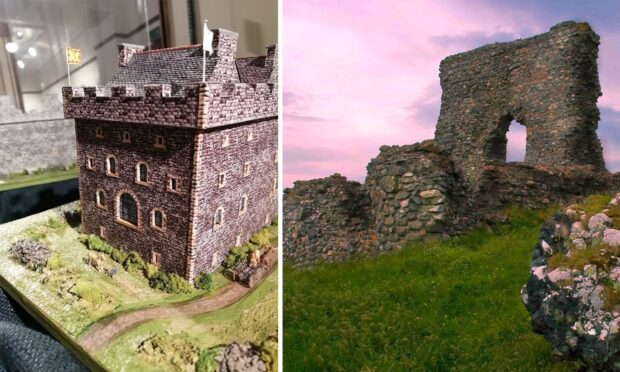
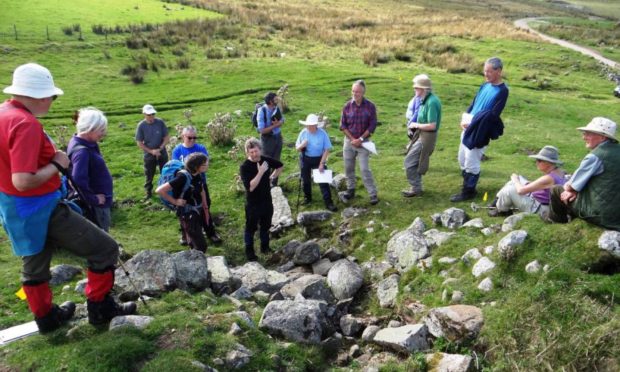
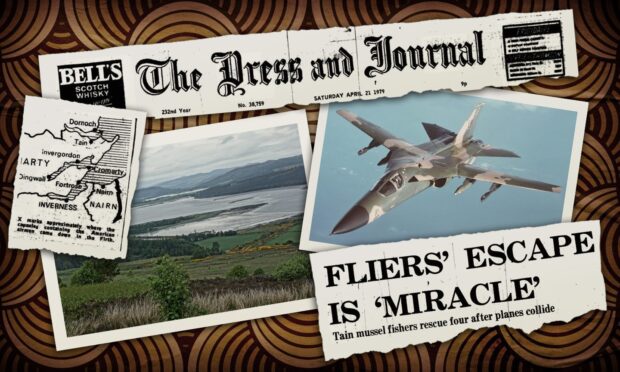
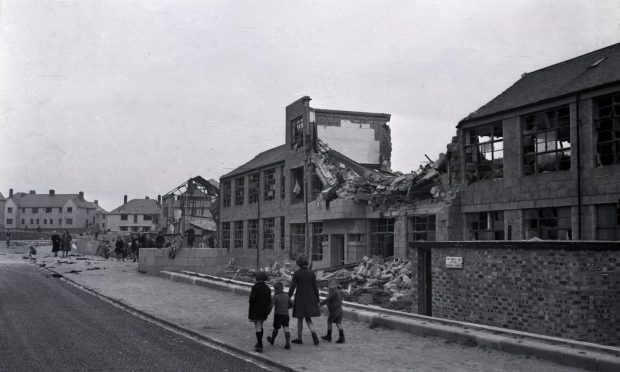
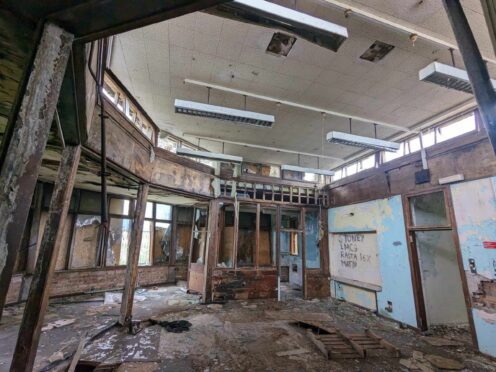

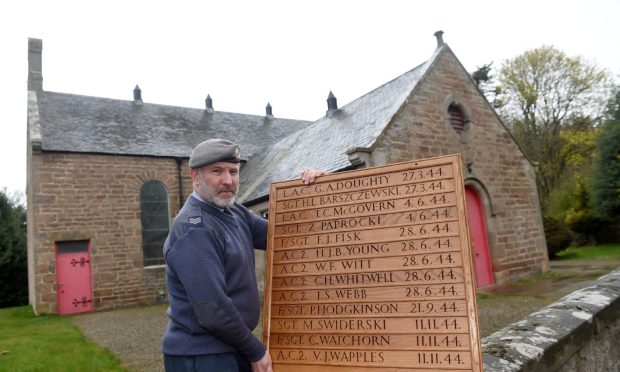
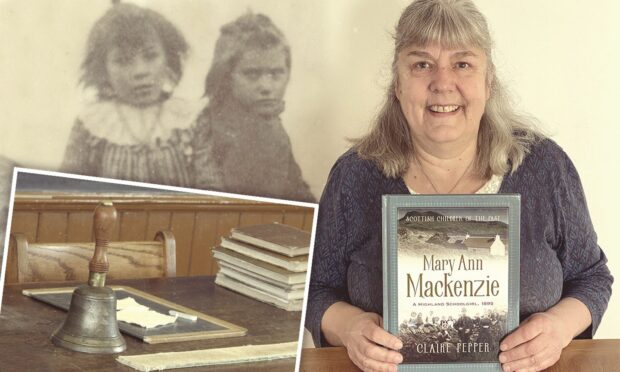
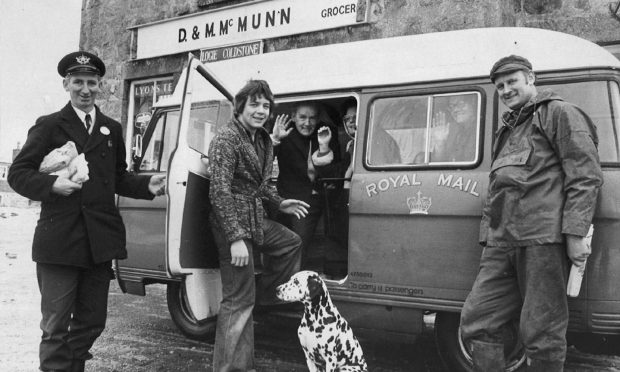
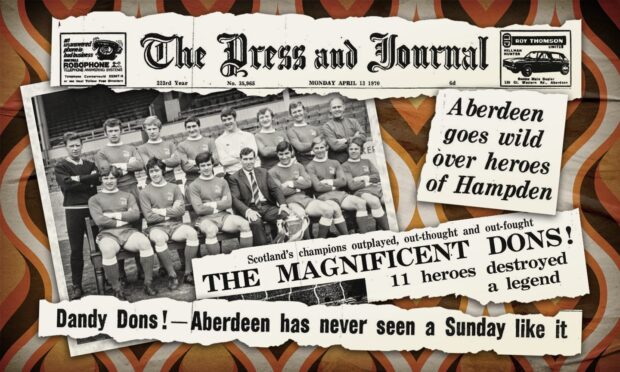
Conversation